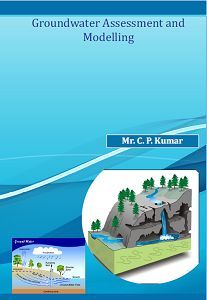
Mr. C. P. Kumar
Mr. C. P. Kumar post-graduated in Hydraulic Engineering from University of Roorkee in 1985. From 1985, he has been working as a Scientist for National Institute of Hydrology (NIH), Roorkee - 247667 (Uttarakhand), India. His major research areas of interest include assessment of groundwater potential; seawater intrusion in coastal aquifers; numerical modelling of unsaturated flow, groundwater flow and contaminant transport; management of aquifer recharge; and impact of climate change on groundwater. He has authored more than 100 technical papers and reports. You may visit his website at http://www.angelfire.com/nh/cpkumar/
Read more...


